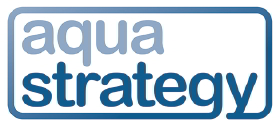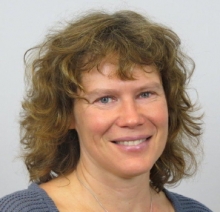
This issue's cover story introduces articles on one of the most important aspects for the water sector of efforts to create a circular economy: the recovery of phosphates from sewage for recycling in fertilisers. We interview Chris Thornton of the European Sustainable Phosphorus Platform about policy progress, look at the state-of-the-art plant commissioned at Amersfoort in the Netherlands, hear about some of the research needs in this area, and speak with Peter Brewer of ACWA Services about opportunities in the UK market.
We also build on our recent coverage in the developing area of micropollutants with details of investigations into treatment options in Sweden, where the country is preparing itself for action in this area. We hear about the multi-project funding of the Swedish Agency for Marine and Water Management, and speak with Christian Baresel, lead researcher on one of the projects.
Other features look at the latest progress in the Danish city of Aarhus to set new limits in wastewater treatment plant energy self-sufficiency, gather views on progress with smart water networks, and we hear from Californian company Energy Recovery Inc. about how it has achieved success in the Chinese desalination technology market.
ISSN (Online): 2059-8068
ISSN (Print): 2059-805X






